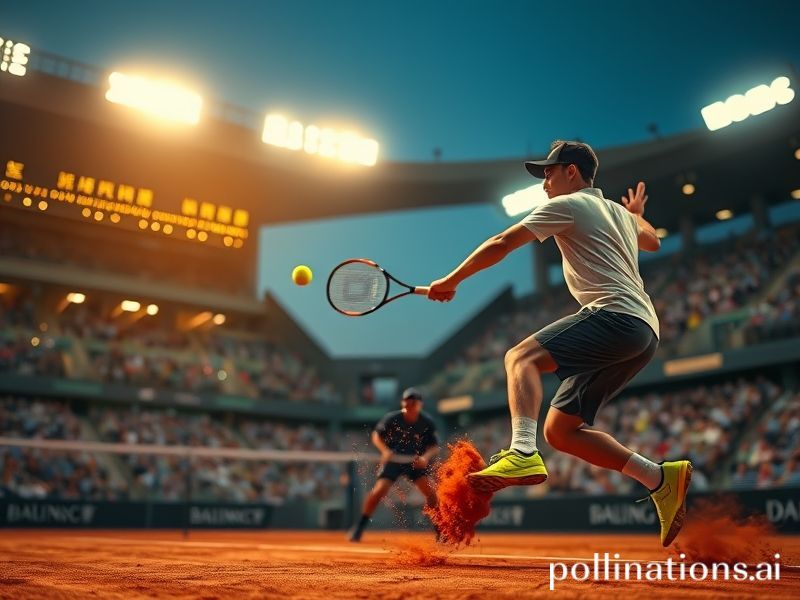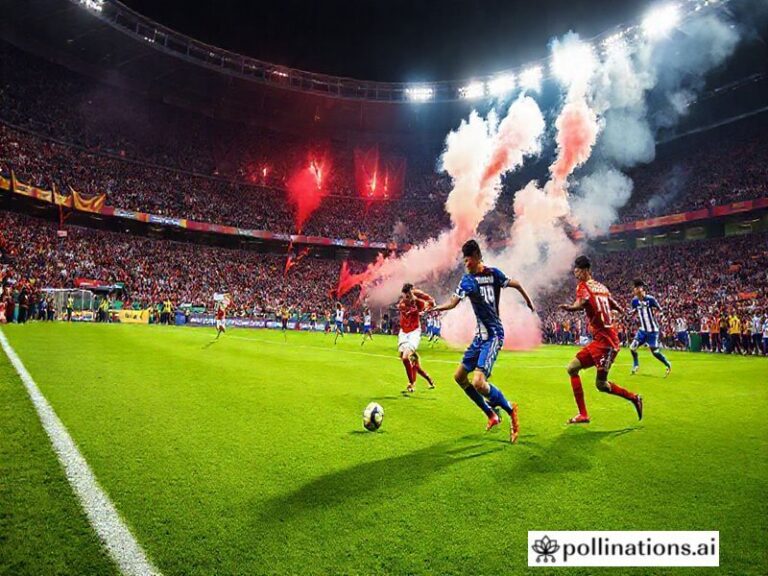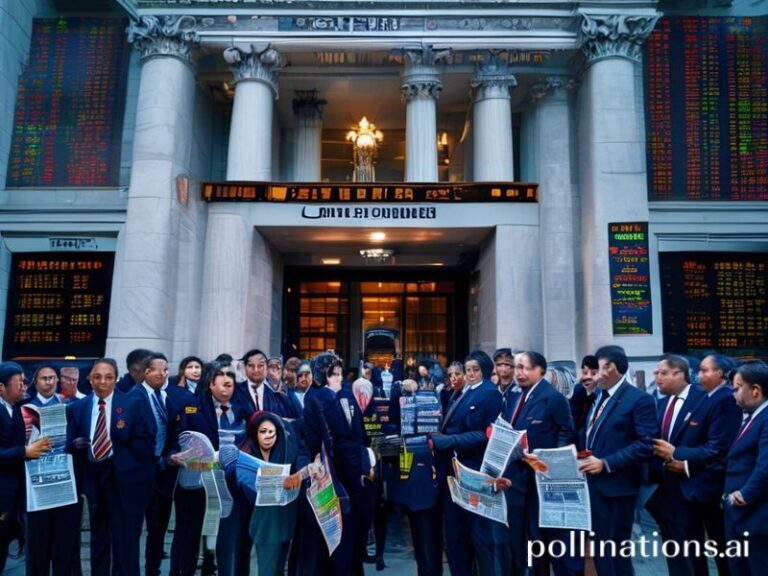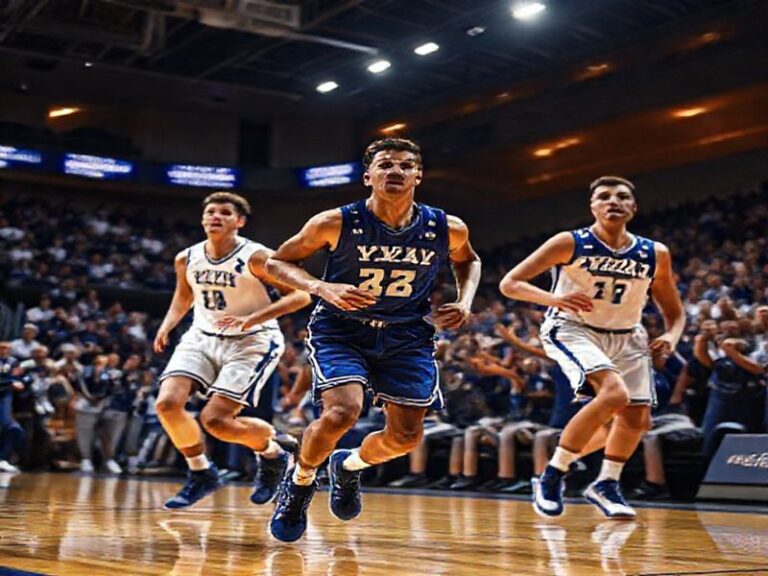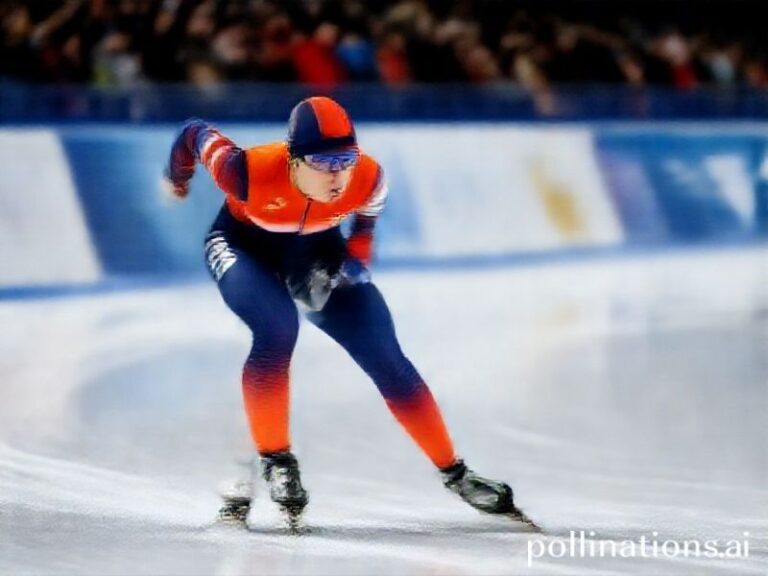China Open 2025: When Tennis Met Geopolitics and Everyone Lost (Except the Sponsors)
BEIJING—When the gates of the repurposed National Speed-skating Oval swing open on 28 September 2025 for the China Open, the planet will do what it always does: pretend tennis is merely sport. The truth is messier. What happens inside the “Ice Ribbon” (now mercifully de-iced and re-grassed) is a Rorschach test for the 21st-century condition—equal parts soft-power flex, influencer catwalk, geopolitical séance, and the eternal human urge to watch two exhausted millionaires swat a fuzzy yellow sphere while other millionaires gamble on the outcome.
Let’s zoom out. A fortnight earlier, the UN General Assembly will have concluded its annual pageant of sternly worded sighs about climate deadlines we’ll miss. Delegates will have flown home in aircraft whose contrails spell “business as usual.” Then—like cosmic comic timing—the China Open begins, its carbon footprint discreetly omitted from the glossy program. After all, nothing says “net-zero aspiration” quite like a week-long tournament in a city whose air quality index occasionally resembles a roulette wheel.
Still, the draw is stellar. Carlos Alcaraz, now 22 and already bored with greatness, headlines alongside Iga Świątek, who has apparently solved tennis the way certain teenagers solve Rubik’s Cubes—while livestreaming it. They will be joined by China’s own hopeful, 18-year-old Zhang Ming, whose backhand is described by state media as “a metaphor for national rejuvenation.” One suspects the metaphor will be quietly retired if Zhang loses in the first round to a lucky loser from Luxembourg.
But the real action is off-court. The WTA and ATP—those twin acronyms forever locked in a passive-aggressive marriage—have finally synchronized their calendars, a diplomatic breakthrough ranking somewhere between détente and deciding whose turn it is to take out the trash. Prize money has been pegged to a secret algorithm involving broadcast rights, crypto volatility, and the mood swings of whichever streaming giant overpaid this year. Players receive their winnings in “digital yuan,” a currency whose value fluctuates according to the People’s Bank’s sense of humor that day.
Corporate suites, meanwhile, will be thick with the sort of people who use “leverage” as a verb. Delegates from Belt-and-Road client states sip jasmine-infused champagne, pretending the infrastructure loans in their briefcases are purely ceremonial. Over canapés shaped like miniature tennis racquets, executives from European energy firms negotiate LNG contracts “inspired by the rally statistics on Court One.” Somewhere, a junior analyst wonders if the match point he just applauded will nudge a futures index in Shanghai. He will be promoted next quarter.
And the fans? Ah, the fans. Ten thousand phones rise in unison for every tween selfie with a player’s left eyebrow. Facial-recognition turnstiles log every arrival, ostensibly for “security,” mostly for data that will be monetized before the next changeover. The stadium Wi-Fi is so robust that conspiracy theories about line calls achieve virality before the chair umpire has finished announcing the score. In Section C, Row 12, a British expat live-tweets his existential dread: “Just realized the ball kids have better pension prospects than I do.” The tweet garners 2.3 million likes.
By finals weekend, the narrative has calcified. If a Chinese player reaches the semis, expect headlines about “the East’s inevitable dominance.” If not, Western outlets will trumpet the enduring supremacy of “classical tennis values,” whatever those are. Either way, both sides will miss the point: the China Open is not a contest between nations but a ritual confirmation that the world’s true sport is branding, and we’re all unpaid walk-ons.
On the last Sunday, as the winning racket is hoisted like a holy relic, fireworks bloom over Beijing in colors coordinated to match the sponsor’s new palette. Somewhere in the stratosphere, the planet’s thermostat ticks up another notch. Back on Earth, the champions pose with a novelty check whose zeroes could fund a small hospital. They smile the practiced smile of people who know tomorrow’s headline is already today’s footnote. The crowd roars, because that is what crowds do. And in the VIP tunnel, a delegate pockets a souvenir tennis ball, silently calculating its resale value on the memorabilia market. He is, after all, only human.
Game, set, match—until the next grand distraction.

